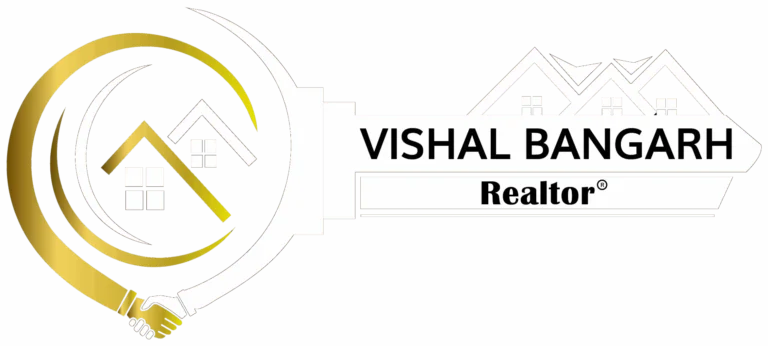
Hidden Costs of Buying a Home in Ontario: What You Need to Know
- Vishal B
- No Comments

Buying a home is one of the most exciting milestones in life—but it’s also one of the most financially complex. While many buyers focus on the listing price, the reality is that the final cost of owning a home can be significantly higher. Ontario homebuyers often overlook hidden expenses that can add thousands to their budget.
As a trusted real estate broker in Ontario, Vishal Bangarh helps clients navigate these costs with full transparency so there are no surprises at closing.
1. Land Transfer Tax (LTT)
When you purchase a property in Ontario, you’re required to pay a land transfer tax. This cost depends on the property’s purchase price and, in cities like Toronto, you may also be subject to a municipal land transfer tax.
Tip: First-time homebuyers may qualify for a rebate, so always ask your real estate broker in Ontario for guidance.
2. Legal Fees and Disbursements
Hiring a lawyer is essential to finalize the transaction. Legal fees in Ontario typically range from $1,000 to $2,500, depending on the complexity of the sale. In addition to legal fees, you’ll need to cover disbursements—charges such as title searches, registrations, and document reviews.
3. Home Inspection Fees
Before finalizing the deal, it’s wise to hire a certified home inspector to assess the property’s condition. A typical inspection can cost between $400 and $700, but it’s worth every dollar to avoid costly surprises later.
4. Mortgage Insurance (CMHC)
If your down payment is less than 20% of the home’s purchase price, you’ll be required to pay Canada Mortgage and Housing Corporation (CMHC) insurance. This amount is rolled into your mortgage but adds to your total long-term cost.
5. Appraisal Fees
Some lenders require an independent appraisal of the property to confirm its value. This cost usually ranges from $300 to $500 and is paid by the buyer.
6. Title Insurance
Title insurance protects you against potential property ownership issues such as title fraud or zoning violations. Most lawyers recommend it, and it typically costs between $250 and $500.
7. Utility Hookups and Property Adjustments
Once you take possession, you may need to pay for utility connections or cover prepaid expenses such as property taxes or condo fees that the seller already paid. These adjustments can amount to hundreds or even thousands of dollars.
8. Moving Expenses
Don’t forget the cost of hiring movers, renting a truck, or even temporary storage if your closing dates don’t align perfectly. These can cost anywhere from $500 to $2,000.

Vishal Bangarh
Realtor Ontario
Contact For Your Real Estate Solutions
Related Posts


5 Questions Every Business Owner Should Ask a Commercial Real Estate Agent in Ontario

The Future of Real Estate in Ontario: Role of Brokers and Commercial Agents

